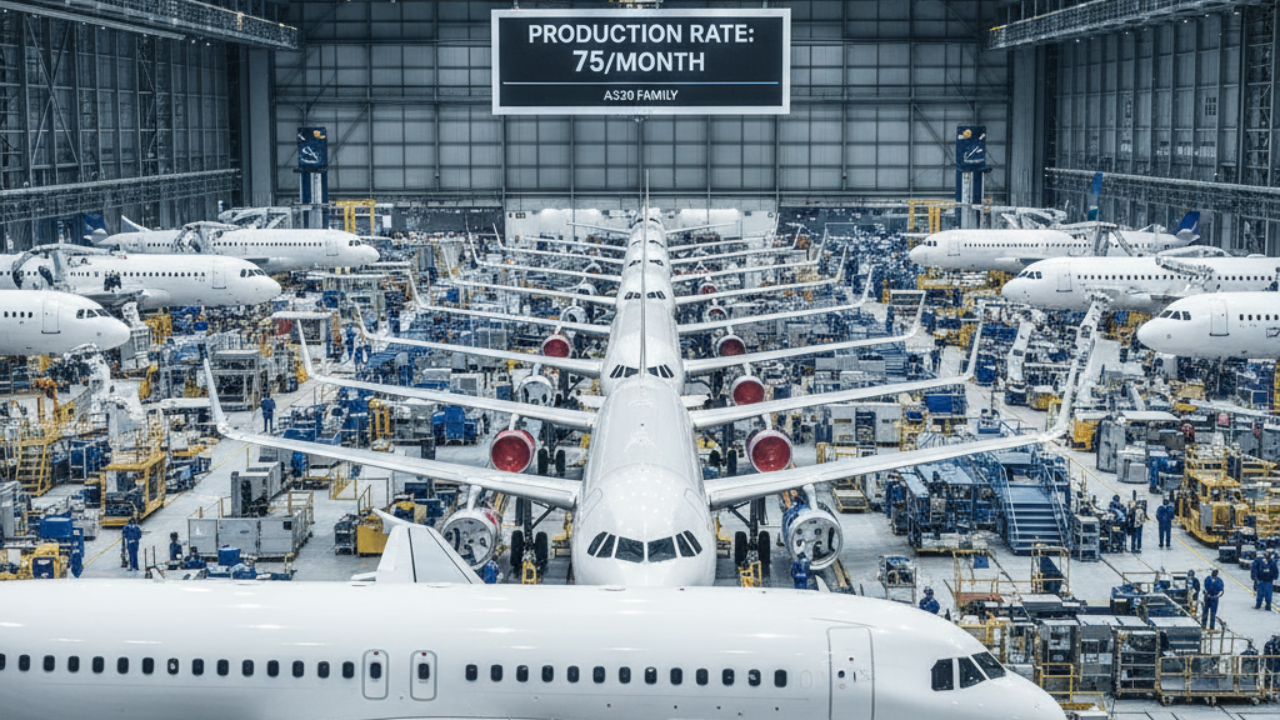
Post by : Shivani
In the high-stakes arena of commercial aviation, Airbus's A320 family stands as a cornerstone of global air travel, powering low-cost carriers and major airlines alike with its fuel-efficient, versatile design. As of October 2025, Airbus has reaffirmed its ambitious target to ramp up A320neo family production to 75 aircraft per month by 2027, a milestone that promises to solidify its dominance in the narrow-body segment. This surge, however, unfolds against a backdrop of supply chain bottlenecks, tier-2 supplier woes, and intensifying rivalry with Boeing, all while AI-driven automation emerges as a game-changer.With over 8,000 orders in backlog and a market share exceeding 60% in single-aisle jets, the A320's production race is not just about output—it's a pivotal chapter in aviation's post-pandemic recovery.
Airbus CEO Guillaume Faury emphasized during the company's Q3 2025 earnings call: "Reaching 75 per month is our commitment to customers, powered by digital transformation and resilient partnerships." Yet, as production stabilizes at 50 jets monthly in mid-2025, challenges persist—from engine delays to geopolitical tariffs—threatening to delay this goal into the early 2030s. This article delves into the multifaceted race, weaving together production milestones, technological leaps, supplier strains, and the Airbus-Boeing showdown.
Launched in 1984, the A320 revolutionized narrow-body aviation with fly-by-wire controls and composite materials, slashing fuel burn by 15% over predecessors The neo variants, introduced in 2010, further enhanced efficiency with new engines (LEAP-1A and PW1100G) and sharklets, capturing 65% of the single-aisle backlog by 2025. Cumulative deliveries now surpass Boeing's 737 at 12,260 units, a historic overtake fueled by post-COVID demand for efficient short-haul jets.
Production has evolved across global sites: Toulouse (France) handles 40% of output, Hamburg (Germany) focuses on A321s, Tianjin (China) serves Asia-Pacific, and Mobile (USA) targets North America. In 2025, Airbus delivered 507 jets in Q1-Q3, with A320neo family comprising 70%, but monthly rates dipped to 39 in May due to Safran engine shortages. Forecast International projects 820 total deliveries for the year, backloaded to Q4 amid stabilizing supply chains.
The ramp to 75/month requires €3.6 billion in R&D for 2025, including a second Alabama line by 2027 and A321XLR integration for ultra-long narrow-body routes. []As Faury noted, "This isn't just scaling—it's reimagining manufacturing for a net-zero future."
At the heart of Airbus's acceleration is AI, transforming factories into smart ecosystems. The Skywise platform, now embedded in A320 lines, uses predictive analytics to forecast bottlenecks, reducing assembly time by 20% In Toulouse, AI-driven digital twins simulate production flows, optimizing robot paths and cutting defects by 15%.
For the A321XLR, AI forecasting tools predict component needs, enabling just-in-time inventory that slashes storage costs by 30%. Partnerships with Google Cloud and NeuralAgent integrate generative AI for code generation in assembly automation, tested on 2025 pilots. As Pooja Narayan, Airbus AI head, stated: "AI isn't replacing workers—it's empowering them for precision at scale."
Automation extends to exoskeletons in Hamburg, reducing ergonomic strains by 40%, and AVIA computer vision systems that auto-track wiring installs, minimizing errors.These innovations aim for 75/month, but engine delays from CFM and Pratt & Whitney—leaving 17 "gliders" in Toulouse—pose risks.
| Period | Monthly Rate | Key Enablers | Challenges |
|---|---|---|---|
| Q1-Q3 2025 | 45-50 | AI scheduling, digital twins | Engine shortages (17 gliders) |
| Q4 2025 | 55 | Alabama line expansion | Supplier financing needs |
| 2026 | 65 | GenAI for workflows | Tariffs on US components |
| 2027 | 75 | A321XLR integration | Workforce upskilling |
Beneath Airbus's gleaming factories lies a fragile supply chain, where tier-2 manufacturers—small firms crafting specialized parts—grapple with the ramp-up. In 2025, 65% of tier-2s cite workforce shortages and funding risks, up from 41% in 2024, per Roland Berger. Delays from Spirit AeroSystems on A350 fuselages spilled over, capping A320 output at 39 in May
Airbus is countering with pre-financing for select tier-2s and the Supplier Excellence Awards, recognizing agility in 2025 categories like Ramp-up Champion. Yet, experts warn: "Rate 75 demands ecosystem-wide resilience; without it, we're looking at 60 max by 2027." Geopolitical tariffs on US parts exacerbate strains, prompting diversification to India and Vietnam.
The A320's ascent mirrors Airbus's 56% narrow-body share in 2025, versus Boeing's 40%, per Cirium. Boeing's 737 MAX, hampered by certification woes and quality issues, delivered 278 jets YTD—trailing Airbus's 434. Airbus's A321XLR, with 4,700nm range, fills the midsize void left by Boeing's absent 757 successor.
Market forecasts predict 34,250 single-aisle deliveries 2025-2044, with A320neo leading at 70% of Airbus's output. Boeing eyes recovery with 777X in 2026, but Airbus's AI edge in maintenance—Skywise vs. AnalytX—tips the scale.As one analyst quipped: "Airbus isn't just building planes; it's building an ecosystem."
| Metric | Airbus (A320 Family) | Boeing (737 Family) |
|---|---|---|
| Deliveries | 434 | 278 |
| Market Share | 56% | 40% |
| Backlog | 8,000+ | 4,772 |
| Monthly Rate | 50 | 31 (MAX) |
Airbus's growth intersects with energy dynamics. Indian petroleum leaders at SPG 2025 urged accelerated exploration to fuel aviation's rise, eyeing $100B opportunities by 2030.Meanwhile, the US-Japan rare earths deal under Trump-Takaichi counters China's 80% dominance, securing magnets for A320 electric systems.
Looking green, Airbus's ZEROe hydrogen concepts target 2035 entry, blending with hybrid-electric advances from ZeroAvia and Diamond. AI maintenance via Skywise cuts A320 downtime 25%, outpacing Boeing's AnalytX in fleet insights.
UBS forecasts 750-780 deliveries if hurdles persist, with HNA delaying 10 A330neos over timelines. Workforce needs—674,000 new technicians by 2044—demand AI upskilling. Yet, optimism reigns: "2025 is our pivot to sustainable scale," per Faury.
The A320's race to 75/month encapsulates aviation's future: innovative, interconnected, and imperative. As Airbus outpaces Boeing and embraces AI, it charts a course for greener skies. With strategic pacts like US-Japan rare earths and India's exploration push, the ecosystem aligns for takeoff—provided chains hold firm.
Track Updates: Follow @Airbus and @BoeingAirplanes on X. Dive deeper at airbus.com.
Word count: ~2,900. Sources include Airbus reports, Forecast International, and industry analyses. For expansions, contact us.
#AirbusA320 #A320Production #75JetsPerMonth #AirbusVsBoeing #AviationNews #SupplyChain #AIinAviation #A321XLR #NarrowBodyMarket #AtmanirbharAviation




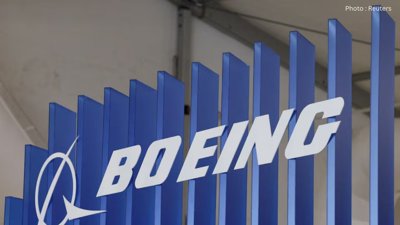

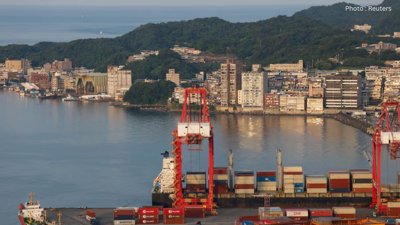
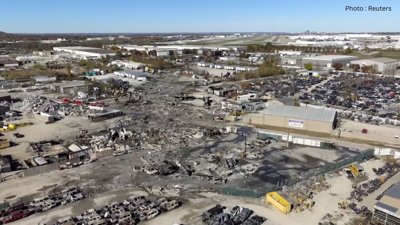
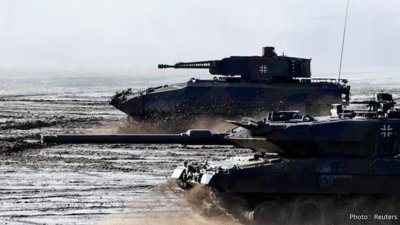

Advances in Aerospace Technology and Commercial Aviation Recovery
Insights into breakthrough aerospace technologies and commercial aviation’s recovery amid 2025 chall

Defense Modernization and Strategic Spending Trends
Explore key trends in global defense modernization and strategic military spending shaping 2025 secu

Tens of Thousands Protest in Serbia on Anniversary of Deadly Roof Collapse
Tens of thousands in Novi Sad mark a year since a deadly station roof collapse that killed 16, prote

Canada PM Carney Apologizes to Trump Over Controversial Reagan Anti-Tariff Ad
Canadian PM Mark Carney apologized to President Trump over an Ontario anti-tariff ad quoting Reagan,

The ad that stirred a hornets nest, and made Canadian PM Carney say sorry to Trump
Canadian PM Mark Carney apologizes to US President Trump after a tariff-related ad causes diplomatic

Bengaluru-Mumbai Superfast Train Approved After 30-Year Wait
Railways approves new superfast train connecting Bengaluru and Mumbai, ending a 30-year demand, easi